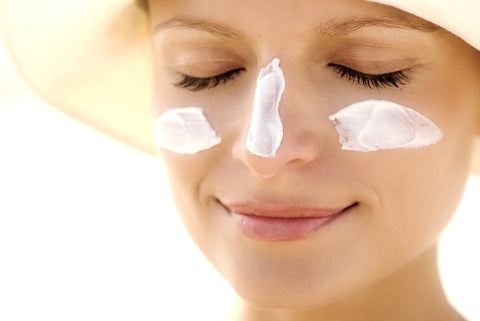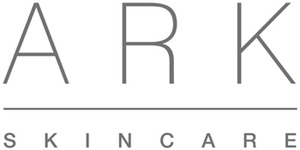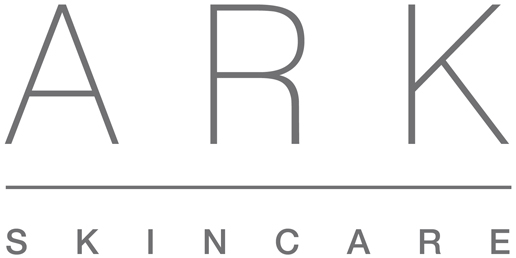Blog
10 Things You May Not Know About Sunscreen
Jul 17, 2018
We all know that suncream is a must-pack holiday item, but not everyone knows how to use it properly. Poor or infrequent application can easily lead to burning and long-term skin damage - or even cancer, which is why we've put together this guide of often-overlooked sun protection essential facts.
For an easy way to incorporate suncream into your daily skincare routine all year round, try our award-winning SPF 30 Moisturising Primer.
10 Things You May Not Know About Sunscreen
The SPF value we are used to seeing on sun cream packaging only refers to the amount of protection against the sun's burning rays know as UVB rays, and does not explain the level of protection against the very damaging and ageing rays called UVA. You need a sunscreen with both UVA and UVB protection known as broad spectrum protection since both UVA and UVB can cause skin cancer. Look for details of broad spectrum protection on packaging rather than relying on the SPF value alone.
2. Higher SPF is not necessarily better.
Studies show that using SPF15 filters 93% of damaging sun rays. SPF30 filters 97% and SPF50 filters 98%. You do not therefore get double the protection if use SPF30 rather than SPF15. Using SPF30 is considered the optimum level of protection since it gives you extremely high shielding without the additional disadvantages of thicker high factor creams. Using SPF30 also ensures you are not lulled into the false sense of security that you are protected for longer. Liberal and regular application of SPF30 is recommended by experts.
3. Sunscreen is not the only protection you need.
We should not rely entirely on sun creams to shield ourselves from the sun. Protection against the sun is the single most important thing you should do to ensure healthy skin and prevent premature ageing. Use sunscreen, but also seek out shade, cover up with loose natural fibre clothing, and wear a hat.
4. Sunscreen isn't just for outdoor use.
Glass effectively blocks UVB rays but it still allows UVA rays to penetrate. Damaging rays can therefore reach your skin if you sit near a window, are in a car, or on a train. UV exposure is cumulative, and research shows that skin exposed to UV through office or car windows can cause long term significant skin damage.
5. Sunscreen expires.
Sunscreen products expire and the effectiveness of them reduces over time, or if stored in extreme heat or damp environments. Ensure the product you use is within its recommended shelf life. If in doubt, re stock regularly.
6. No sunscreen is totally waterproof or sweat proof.
Sunscreen which claims to be water resistant still needs to be reapplied after swimming or after excessive sweating. There is no product which is entirely waterproof. Reapply liberally after swimming or exercising.
7. If sunscreen is not applied correctly it is no use.
Suncream must be applied as directed. Use liberally and often. Patchy or sporadic application will not offer the protection you need. Always apply your product at least 20 minutes before going outside.
8. Even the darkest skin tone needs to use Sunscreen.
All skin, irrespective of tone, needs to be protected from damaging UV rays. Skin with high pigmentation does offer more natural protection against UV but all skin is vulnerable to skin cancers and to premature ageing effects of the sun.
9. You need to use sun screen all year round.
The sun's UV rays can cause damage to your skin all year round. Sunscreen should be applied to exposed skin, and especially the face, 365 days of the year.
10. Supplements are not enough protection. You still need sunscreen.
Small studies have suggested taking supplements or having a diet rich in beta-carotene, cocoa, vitamin C, and/or vitamin E may provide modest protection from sun damage to the skin. It has also been reported in the Daily Mail that there may be a pill to stop skin cancer see http://www.dailymail.co.uk/health/article-47937/The-pill-end-sunburn.html However, the advice still remains to use sunscreen in addition to supplements.






